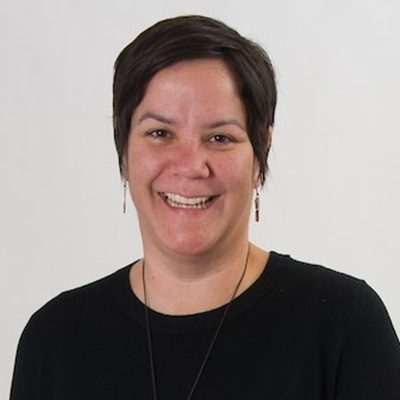January O'Connor (Tlingit)
January O’Connor (Tlingit) on Indigenous Evaluation and Appropriation
An excerpt from the Indigenous Insights podcast (Season 1, Episode 19)
This interview was originally released on August 14, 2023, and the excerpt has been edited for clarity.
I’m the Co-Chair of the Indigenous Peoples in Evaluation topical interest group for the American Evaluation Association. And one thing that we really struggle with is this: How are we making sure that people aren’t just co-opting and renaming a lot of Indigenous approaches? In evaluation that’s kind of a challenge. And then how do we make sure that we’re working with people to be known that we are here? That’s like a big thing. <laughs> That’s a big priority right now. So we’re here and how do we make sure that people aren’t harvesting all of these ideas, like high-grading all of the ideas and then reframing them in a way that’s “more palatable” or “easier” for other people to understand or just reframing them and then repackaging them as their own? Then the problem with that is that it really divorces it from the why and the heart and the passion and the meaning and the purpose and that could be a huge problem.
It’s not – an Indigenous evaluation is not a method. People are always asking, “What’s an Indigenous method?” I always think that, “Okay, yes, there are some of those, but it’s really the why and the how we do it and the why we do it, who we do it for.” And that’s really at the heart of Indigenous evaluation. So really getting that concept across is important, and that you can’t divorce Indigenous evaluation and its methodologies from the how, why, and who it’s for.
Invitation to Thought
January warns that appropriation can strip Indigenous evaluation of its meaning, divorcing practices from their purpose, heart, and community roots. She reminds us that Indigenous evaluation is not just about methods, but about the why, how, and who it serves.
- In your role, how do you ensure you are building solidarity rather than participating in appropriation?
- What practices help you stay accountable to the “why” and “who” of evaluation, not just the methods?
- How can you help protect Indigenous evaluation from being repackaged or co-opted in ways that erase its origins and intent?

